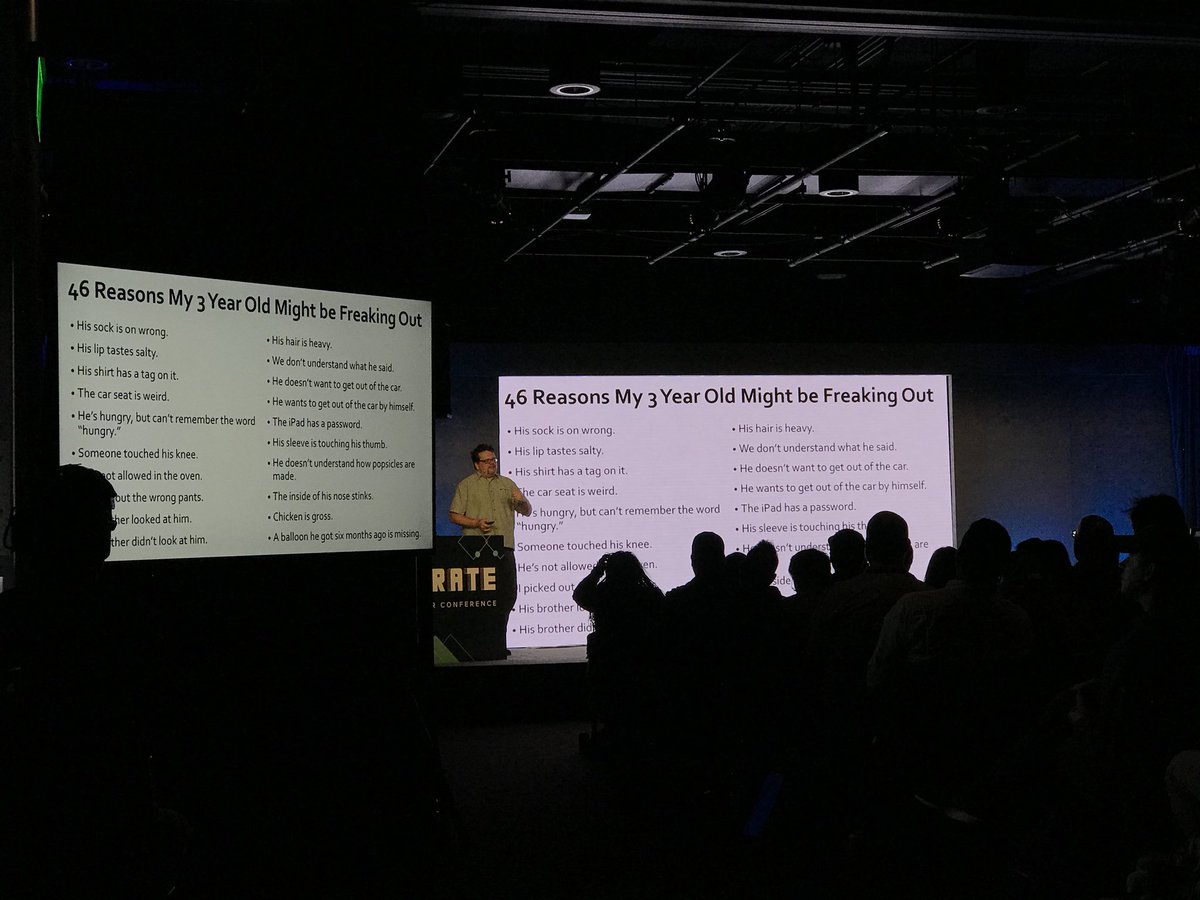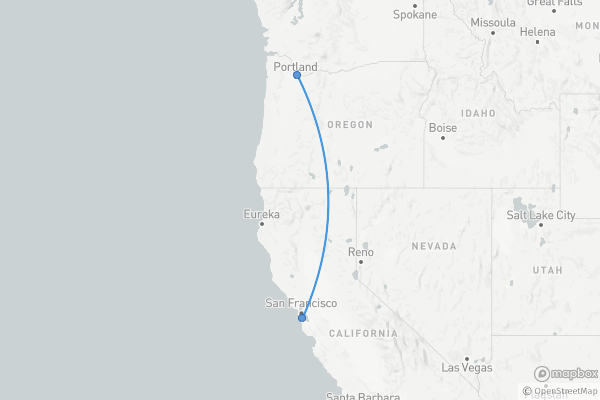Current status: iterating on PR docs with Google employees by emailing .doc files back and forth with edits. 🤦♂️
-
-
-
-
-
-
-
-
-
mark posts read button is sometimes missing
I can't quite figure out the circumstances under which this happens, but sometimes the "mark posts read" button is missing even though there are a bunch of unread posts in the channel.continue reading... -
-
-
-
-
-
-
-
-
-
-



